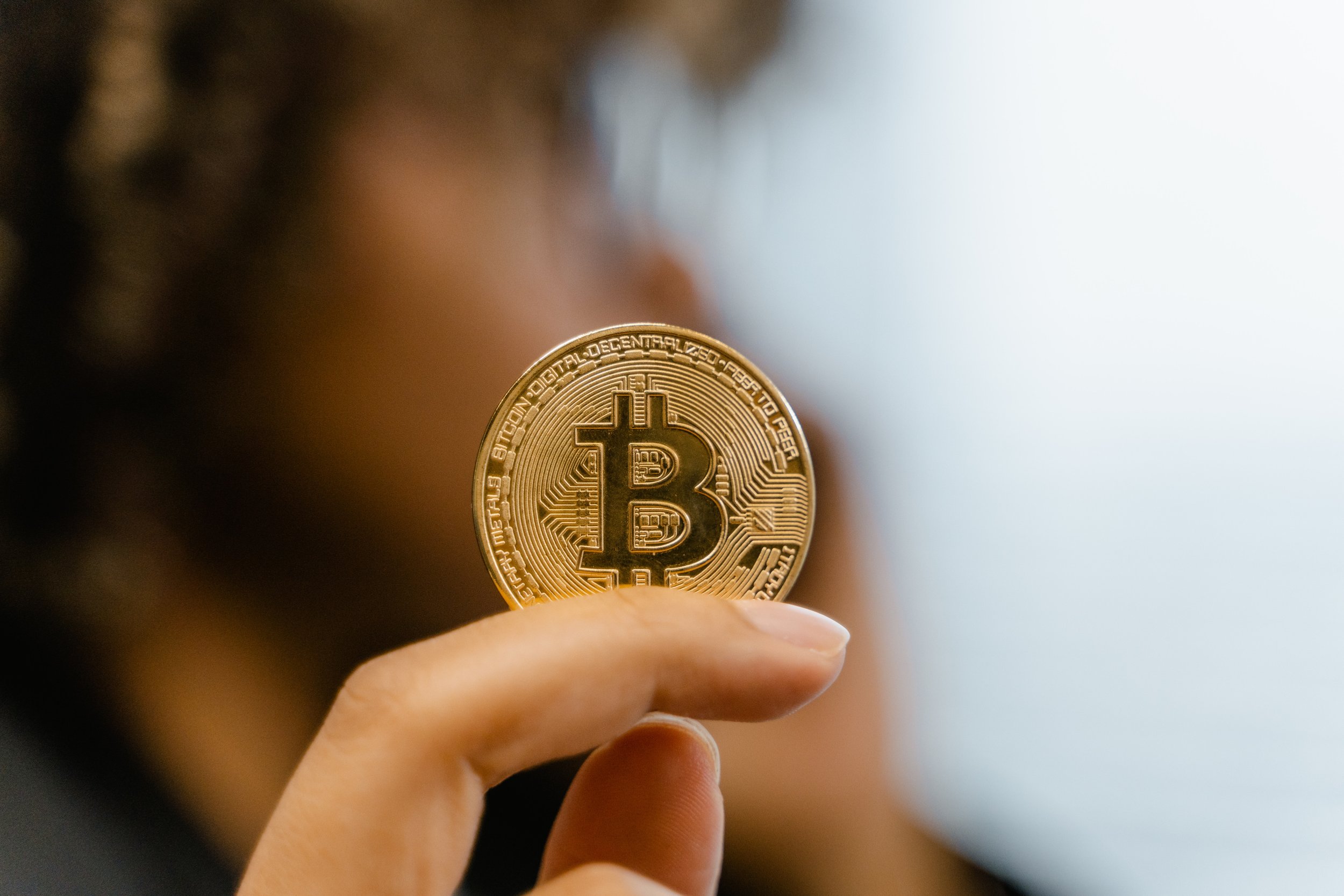The U.S. government holds about how many BTCs?
One of the biggest owners of Bitcoin (BTC) is the U.S. government. The government has gotten many of the most valuable cryptocurrencies worth billions of dollars through several drug busts.
Glassnode says the United States has about 210,000 coins worth about $5.5 billion, a significant number because there can only ever be 21 million bitcoins in circulation.
More precisely, the government owns about 1% of all BTC currently in circulation; this makes the price of the most popular cryptocurrency very risky, especially if the U.S. government chooses to sell off its holdings simultaneously.
How did the U.S. government get BTC worth $5 billion?
Most of the U.S. government has Bitcoin because criminal investigations led to seizures. Bitcoin's lack of a central authority made it appealing to crooks, especially in its early years, who used it to launder money, sell drugs, and launch ransomware attacks.
The U.S. government has been looking into what they have been doing wrong to stop these crooks; this has helped break up crime groups and given the country a way to get a lot of BTC without having to buy it on the open market.
Over the years, the U.S. government has taken a lot of bitcoin from criminals differently. But most of the bitcoins the government has are from three large captures.
In 2020, there was the first significant attack. At the time, the U.S. Attorney's Office in the Northern District of California took 69,370 bitcoins from a person known as "Individual X." This person had taken the money from the well-known Silk Road darknet market.
In the same way, the Department of Justice took 94,636 stolen bitcoins from the Bitfinex exchange in February 2022. Ilya Lichtenstein and Heather Morgan, who did the hacking, were also caught and charged with plotting to hide money.
In November 2022, the U.S. Attorney's Office in the Southern District of New York reported that they had seized $3.3 billion worth of cryptocurrency from a fraudster named James Zhong. Zhong illegally obtained over 50,000 bitcoins from the Silk Road dark web marketplace.
Does the U.S. want to get rid of its BTC?
Most of the time, the U.S. government sells the Bitcoin it has taken. The U.S. Marshals Service is in charge of the liquidation. It is done through public auctions, which allow the government to quickly and safely sell off its bitcoin stocks without hurting the markets too much.
According to records from software engineer and researcher Jameson Lopp, the U.S. has sold BTC worth $366 million in 11 auctions from 2014 to 2023. In the most recent case, which happened at the end of March, the U.S. sold more than 9,800 BTC linked to the Silk Road.
Even though the U.S. government has sold bitcoins in the past, it has sold little since April. Some people think that the government might be waiting to sell its BTC until the price goes up so that it can make more money.
Still, the government's choice to sell BTC would affect the cryptocurrency market. In a recent post on Reddit, one user said that the U.S. might be able to sell more than 40,000 BTC at once. They told us:
"At first, people thought that the U.S. government would be smart enough to spread this out over the whole year so that it would not affect market prices. However, it now looks like they have not taken the SEC classes on manipulating the market."
"So if they go to this extreme and sell a lot at once, it will have a pretty big effect on the prices," the user said. "Let us hope the U.S. government knows its laws and maybe puts off those sales until next year."
In conclusion
As the U.S. government continues to get more bitcoin by seizing it from criminals, questions are raised about what it plans to do with it in the long run. It is still being determined whether the government will keep or sell its bitcoin when the time is right.
But there is no question that these decisions will significantly affect the cryptocurrency market as a whole. Mainly, they raise serious concerns about the price of the most popular cryptocurrency, which will drop if the U.S. government chooses to sell all of its holdings at once.

